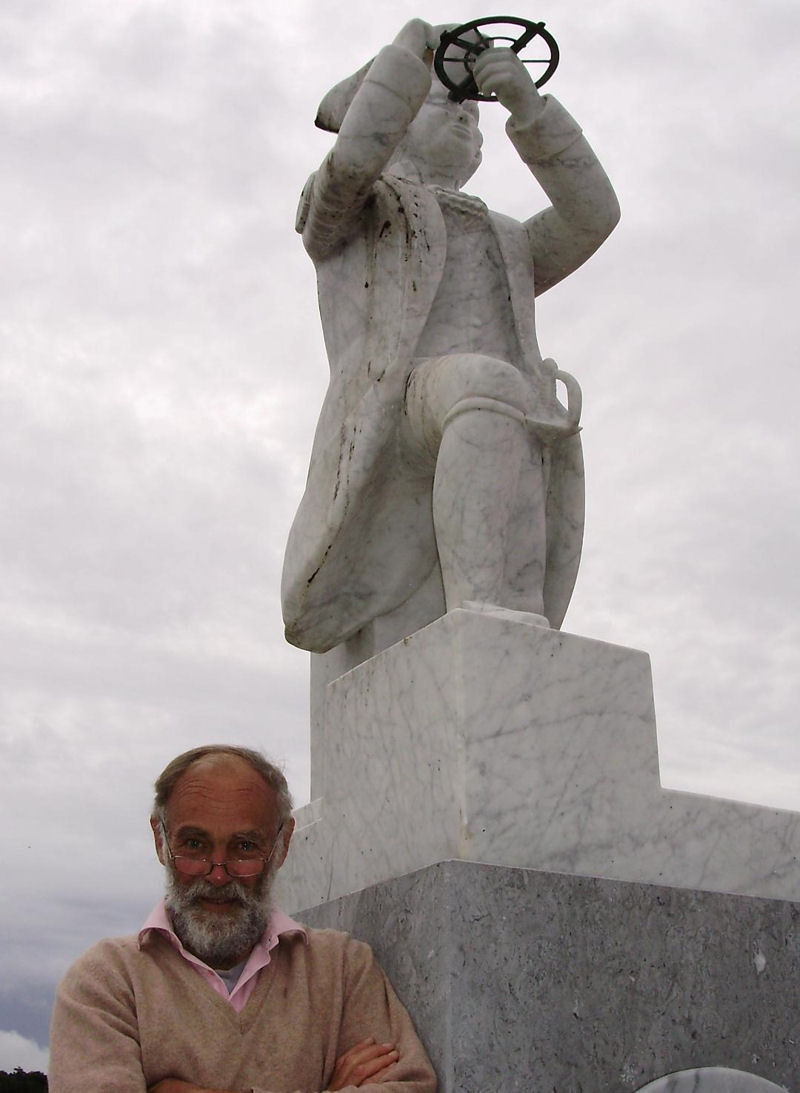2023-26 The Irish News: Platform 28th Nov
 Tuesday, November 28, 2023
Tuesday, November 28, 2023 A MULTI-OPTION, PREFERENTIAL BORDER POLL?
If two people want to live together, then according to the law, both must give their consent. But if two communities are to live together, then according to the Belfast Agreement, the consent of only the bigger one is needed – a majority.
The authors of the Belfast Agreement agreed that in elections we should keep the PR-STV system. So we usually have lots of candidates, and quite right too.
Amazingly, those same authors decided that, when it comes to the next referendum, we shall not have preferences. The choice shall be binary: 'Option X or option Y?'; either/or?; win or lose? No compromise. That’s neither consensus nor mutual consent.
Imagine, if you will, a bunch of kids choosing, democratically, a vegetable for lunch. Broccoli? No; a majority doesn’t like broccoli. Parsnips? An even bigger number doesn’t like parsnips. Cabbage? Swedes? And there might be a majority against everything, as was the case in Brexit. OK, leave it to the chef.
So what’s for afters? Chocolate cake? Ice cream? Blancmange? – and now there are majorities in favour of everything. In a nutshell, in multi-option debates, binary voting might be almost meaningless, like David Cameron’s Brexit referendum with only one option.
There are two types of majority vote: either singletons – Option X, ‘yes’ or ‘no’?' – or pairings – Option X or option Y? With singletons, there might indeed be majorities against everything, (as in Theresa May’s indicative votes). With pairings, however, there will always be a definite answer – hence Boris Johnson’s vote: ‘his deal’ or ‘no deal’? So he won. But of course he won: ‘no deal’ was the most unpopular of all the options. It was as if he asked, “Do you want my veg or raw turnips?”
Basically, democracy is for everybody, not just a majority. No-one should dominate others by force of arms, as in militarism; or by force of numbers, majoritarianism. The Modified Borda Count (MBC) developed in the late 18th century by Jean-Charles de Borda MBC works like this: in a five-party assembly/parliament, for example, any party may move, let’s say, option A. If other parties want something different, they may propose alternative options, B, C, D and E, as in a German constructive vote when choosing a chancellor. So everything (which complies with the UN Charter) is ‘on the table’ – or computer screen/dedicated webpage.
In debate, members may propose amendments, composites or even deletions… but nothing is adopted unless the original proposers agree to such a change. If the number of options boils down to just one, that’s a verbal consensus. If not, as will doubtless be the norm, the chair draws up a balanced list of about five options, the members cast their preferences, and the outcome is the option with the highest average preference. So to win, a party might need not only many 1st preferences, but also some 2nd and 3rds. Cooperation replaces confrontation.
An average of course involves every (voting) member. If this average preference score passes a certain threshold, the policy may then be enacted, by all the members, all sharing collective responsibility to implement this collective will. That’s democracy. So the MBC could facilitate all-party power-sharing and words like ‘majority’, ‘minority’ and ‘veto’ may fade from the political lexicon… not least in the Middle East.
As for the border poll, the two governments could ask a citizens’ assembly to look at all the options; to produce a short list of about five; and to use an MBC to identify the most acceptable option. At the very least, this would show that, just as multi-candidate elections are ok, so too is multi-option decision-making. Pluralism is possible. And so too is consensus.
 Deborda | Comments Off |
Deborda | Comments Off | 

